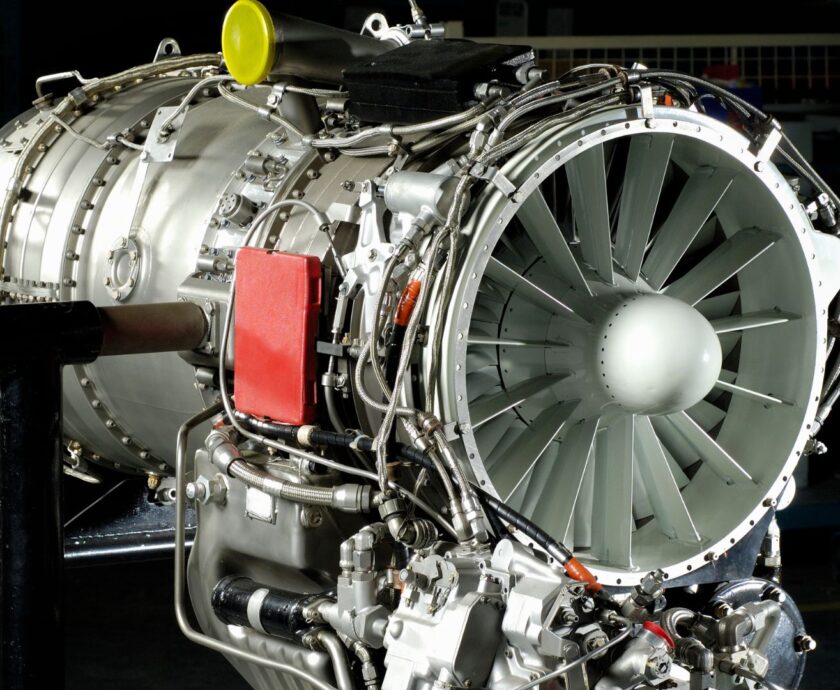Thermowells are critical components in temperature measurement systems, providing a protective barrier between temperature sensors and harsh process environments. Therefore the choice of material for each application is an important part of the design process, as it directly impacts their performance, durability, and safety.
ASME PTC 19.3 TW-2016 provides comprehensive guidelines for selecting appropriate materials based on the specific conditions of the application.
This article explores the key factors influencing material selection for thermowells, the properties of commonly used materials, and the implications for various industrial applications.
Understanding the Importance of Material Selection
Selecting the correct material is vital because it determines the sensor’s ability to withstand extreme temperatures, corrosive environments, mechanical stress, and fluid dynamics. The wrong material choice can lead to thermowell failure, which can compromise the accuracy of temperature measurements and potentially result in costly downtime or safety hazards. Therefore, selecting a material that matches the process conditions is essential for ensuring long-term reliability and performance.
Properties of Common Thermowell Materials
Several materials are commonly used in thermowell manufacturing, each offering distinct advantages and limitations:
- Stainless Steel (304/316) – Stainless steel is one of the most widely used materials for thermowells due to its excellent corrosion resistance, mechanical strength, and versatility. Type 304 stainless steel is suitable for general-purpose applications, while Type 316 offers enhanced resistance to corrosion, particularly in chloride-rich environments. Stainless steel thermowells are often used in chemical processing, food and beverage, and pharmaceutical industries.
- Inconel – Inconel is a high-performance nickel-chromium alloy known for its exceptional resistance to oxidation and corrosion, particularly at elevated temperatures. Inconel thermowells are ideal for high-temperature applications, such as those found in power generation, aerospace, and heat-treating industries. The material’s ability to maintain its integrity in extreme conditions makes it a preferred choice for demanding environments where stainless steel may not be sufficient.
- Hastelloy – Hastelloy is a nickel-molybdenum-chromium alloy with outstanding resistance to a wide range of corrosive chemicals, including strong acids, chlorine, and seawater. This makes Hastelloy thermowells particularly suitable for chemical processing plants, oil and gas operations, and marine applications. The material’s robustness ensures long service life even in the most aggressive environments.
- Monel – Monel is a nickel-copper alloy that offers excellent corrosion resistance in both acidic and alkaline environments, as well as good mechanical strength. Monel thermowells are commonly used in marine and chemical processing applications, where resistance to seawater and corrosive chemicals is critical.
- Titanium – Titanium is known for its superior corrosion resistance, high strength-to-weight ratio, and good temperature tolerance. These properties make titanium thermowells ideal for applications involving seawater, aggressive chemical environments, and high-pressure systems. However, the high cost of titanium limits its use to specialized applications where its unique properties are essential.
Impact of Material Choice on Thermowell Performance and Durability
Choosing the right material for thermowells has a significant impact on their performance and durability. For example, in a high-temperature environment, using a material like Inconel ensures that the thermowell can withstand the extreme heat without deforming or losing its protective capabilities. In corrosive environments, materials like Hastelloy or Monel provide the necessary resistance to chemical attack, preventing premature failure and ensuring the accuracy of temperature measurements.
The material’s mechanical properties also play an important role in the thermowell’s ability to resist fluid-induced stresses and vibrations. Thermowells must maintain their structural integrity under dynamic conditions, such as those found in high-velocity fluid flows or vibrating equipment. Selecting a material with the appropriate strength and flexibility helps prevent issues like vortex-induced vibrations, which can lead to fatigue and failure.
In applications where weight is a concern, such as aerospace or specific chemical processes, materials like titanium offer the advantage of high strength with reduced mass, enabling the design of lighter yet durable thermowells. The choice of material also influences the ease of manufacturing and the feasibility of custom designs, which can be critical for meeting specific application requirements.
Examples of Material Selection in Various Industrial Applications
- Oil and Gas Industry – In the oil and gas sector, thermowells must endure extreme pressures, temperatures, and corrosive environments. Inconel and Hastelloy are commonly used due to their high-temperature strength and corrosion resistance, ensuring reliable performance in harsh conditions like offshore drilling or refining operations.
- Chemical Processing – Chemical plants often deal with highly corrosive fluids. Hastelloy and titanium are preferred for their exceptional resistance to chemical degradation, ensuring that thermowells remain intact and functional in environments where other materials might fail. These materials prevent leaks and maintain the accuracy of critical temperature measurements.
- Power Generation – In power plants, precise temperature measurement is essential for efficiency and safety. Stainless steel and Inconel thermowells are suitable choices, providing the necessary strength and temperature tolerance for accurate temperature measurements in turbines, boilers, and reactors.
Wrapping Up
Material selection is a critical aspect of thermowell design, directly affecting their performance, durability, and safety. We use ASME PTC 19.3 TW-2016 when designing our bespoke thermowells as it provides necessary guidelines for selecting the appropriate materials based on specific process conditions. By following these guidelines and considering the unique challenges of each application, our design engineers ensure that customers can rely on thermowells from Thermo Electric Instrumentation to deliver reliable and accurate temperature measurements across various industrial settings. Understanding the properties and applications of different materials and having a wide range of experience helps our designers and engineers make informed decisions, ultimately enhancing the efficiency, safety and longevity of these temperature measurement systems.




